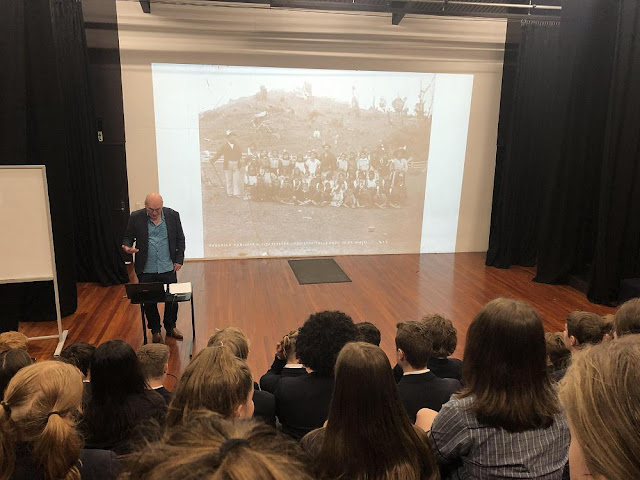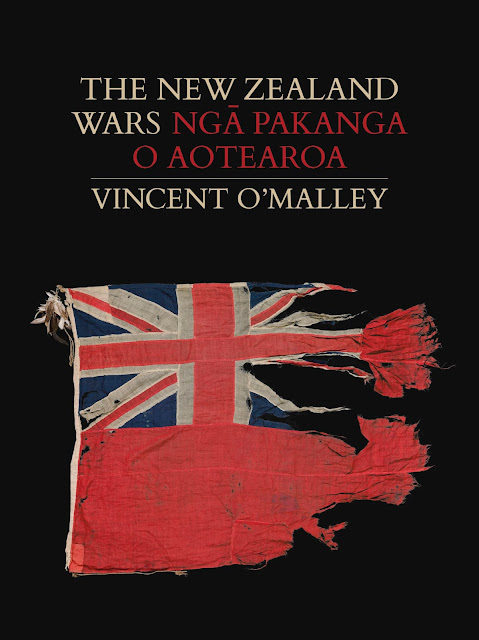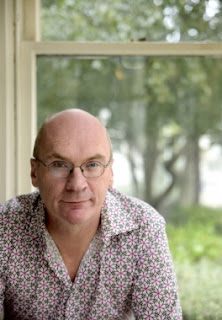NZ Wars: Stories of Waitara
Produced by Great Southern Television for RNZ, Stories of Waitara was released on the Rā Maumahara marked on the 28th October this year at Ōwae Marae in Taranaki. Created and presented by Mihingarangi Forbes, it follows on from the award-winning Stories of Ruapekapeka and tells the stories of the first Taranaki War of 1860-61, drawing on Te Ātiawa tribal historians and experts and with input from me. It also features a series of extended interviews and other clips. Here is the full sit-down interview with me. And some further scenes visiting various monuments and memorials connected with the wars and reflecting on what they tell us about how this history has been remembered within Taranaki.








